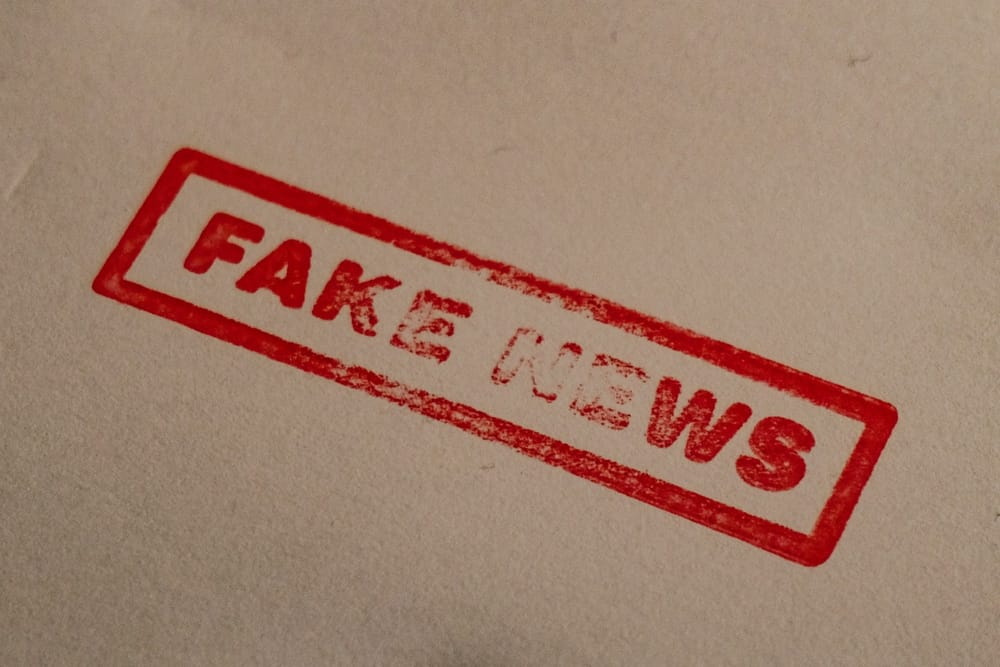Misinformation is a potent tool that has been wielded throughout history to manipulate public opinion and maintain power structures. The current political climate in the United States reflects this ongoing struggle, where misinformation and propaganda have deeply polarized society. This phenomenon is not new; it has historical roots that continue to influence contemporary issues, including immigration, economic disparity, and racial tensions.
The parallels between the antebellum South and today’s socio-political landscape are striking. In the 1830s, the South resisted industrialization and immigration to preserve its agrarian economy, heavily reliant on enslaved labor. The South’s economic stagnation contrasted sharply with the North’s industrial growth, which was fueled by immigrant labor. This historical divide laid the groundwork for enduring economic and social disparities, perpetuating a cycle of scapegoating and resentment.

Today, we see the same damn thing. Economic struggles and labor competition continue to drive social tensions. Poor white Southerners, much like their ancestors, often blame immigration and minority groups for their economic hardships. This scapegoating distracts from more complex systemic issues, including psychological and mental health components that remain inadequately addressed. The propagation of racial stereotypes and misinformation in the 19th century, often through pseudo-scientific studies, set a precedent for the kind of disinformation that proliferates today.
The Civil War is a prime example of how these tensions exploded. The South clung to its outdated system of slavery, refusing to industrialize or embrace change, while the North surged ahead with innovation and immigration. The South’s defeat in the Civil War didn’t just mark a military loss; it signaled the collapse of an economic and social order that couldn’t adapt. Fast forward to today, and you see the echoes of this stubbornness and resistance to progress. The same regions that fought to preserve slavery now often stand against immigration and diversity, driven by the same fears and economic insecurities.

Social media and other platforms have exacerbated the spread of false information, creating a landscape where anyone can present themselves as an authority. This ease of access to misinformation has led to widespread intellectual complacency, where critical thinking is often replaced by echo chambers and confirmation bias. The phenomenon of “false sages” on the internet further complicates public discourse, as charismatic individuals gain followings based on opinions rather than facts.
A recent personal anecdote illustrates the impact of disinformation on individual perspectives. After posting about Kamala Harris accepting her nomination for the presidency, I encountered a vehement response from a Facebook friend, whom I’ll call Alejandro Von Derkenhoff. Despite being a second-generation immigrant himself, Alejandro expressed strong anti-immigration and anti-Democratic Party sentiments, reflecting the influence of disinformation on his views. Our discussion revealed a deep-seated resistance to acknowledging factual information about the border crisis, a problem that has persisted for decades and has been mishandled by multiple administrations.
The border crisis has been a contentious issue for over 20 years, with no administration successfully resolving it. A bipartisan bill aimed at addressing the crisis was thwarted by former President Trump, who prioritized personal branding over effective policy. This incident highlights how political manipulation and disinformation can derail potential solutions, leaving complex problems unresolved.

The disinformation surrounding immigration and other issues has created an environment where facts are often dismissed in favor of partisan rhetoric. The persistence of such misinformation leads to deeply entrenched beliefs that are resistant to change, much like the South’s historical reluctance to industrialize. This resistance to factual information and the embrace of divisive propaganda contribute to the current political and social polarization.
Disinformation isn’t just about misleading the public; it’s about protecting economic interests. Historically, Southern planters resisted industrialization and immigration to maintain their economic model based on slavery. Today, economic elites use disinformation to manipulate markets and policies in their favor. By keeping the public divided and misinformed, they ensure that their power remains unchallenged. Understanding these economic motivations reveals the underlying forces driving disinformation.
Disinformation isn’t just about spreading lies; it’s about shaping beliefs and behaviors. Repeated exposure to misinformation creates a cycle of confirmation bias, where people only seek out information that supports their preexisting views. This intellectual complacency makes it easier for false narratives to take hold. Addressing the psychological impact of disinformation is crucial for breaking this cycle and fostering critical thinking.
Here’s where Republicans’ go-to line comes in: “I did my own research.” It’s become a mantra, a cop-out for not facing facts. People latch onto this phrase, thinking it gives their opinions weight. But often, this so-called research is nothing more than falling down a rabbit hole of biased sources and echo chambers. They never show their work, never provide evidence, just this hollow claim of self-discovery. It’s a defense mechanism, a way to shut down debate and cling to preconceived notions.
Promoting media literacy and critical thinking skills is essential for combating disinformation. Educational initiatives should teach individuals how to evaluate sources, recognize biases, and seek out credible information. By equipping people with the tools to navigate the information landscape, we can reduce the impact of false narratives and promote a more informed public.

Robert Greene and other psychologists, philosophers, and scholars emphasize the importance of understanding bias. In “The 48 Laws of Power,” Greene discusses how bias is our biggest enemy. Biases come from our life experiences, shaping how we perceive the world. This isn’t just me talking – this is backed by psychology journals and experts who have studied the human mind and social interactions. Recognizing that we all see the world through our own biased lenses is crucial. Perception is not always reality. By interfacing perception with facts and logic, we can start to see things more clearly and recognize our biases.
This is where we hit the problem of disinformation head-on. Anyone can get a verified sticker on social media and pretend to be a credible source. They can get on YouTube and play professor, doctor, or lawyer. It’s gotten so bad that we need a public service announcement – a drive to educate people on what valid sources are. There’s a whole world out there of reputable sources, historians, and scholars. Lean on those. Don’t just take anyone’s word because they sound convincing. Biases hold us back because they distort our perception of reality, preventing us from advancing and operating normally. If we can’t see things for what they are, we can’t develop a high emotional IQ. We’ll disagree with everything presented to us because our biased lenses won’t let us see the truth.
Disinformation isn’t just a historical artifact; it’s a living, breathing monster that continues to shape our world. By recognizing its roots and addressing it head-on, we can start to dismantle the structures that allow it to thrive. Let’s get our shit together and fight back against the lies. This isn’t just about politics; it’s about creating a society where truth matters and where we can build a future based on shared understanding and respect.
